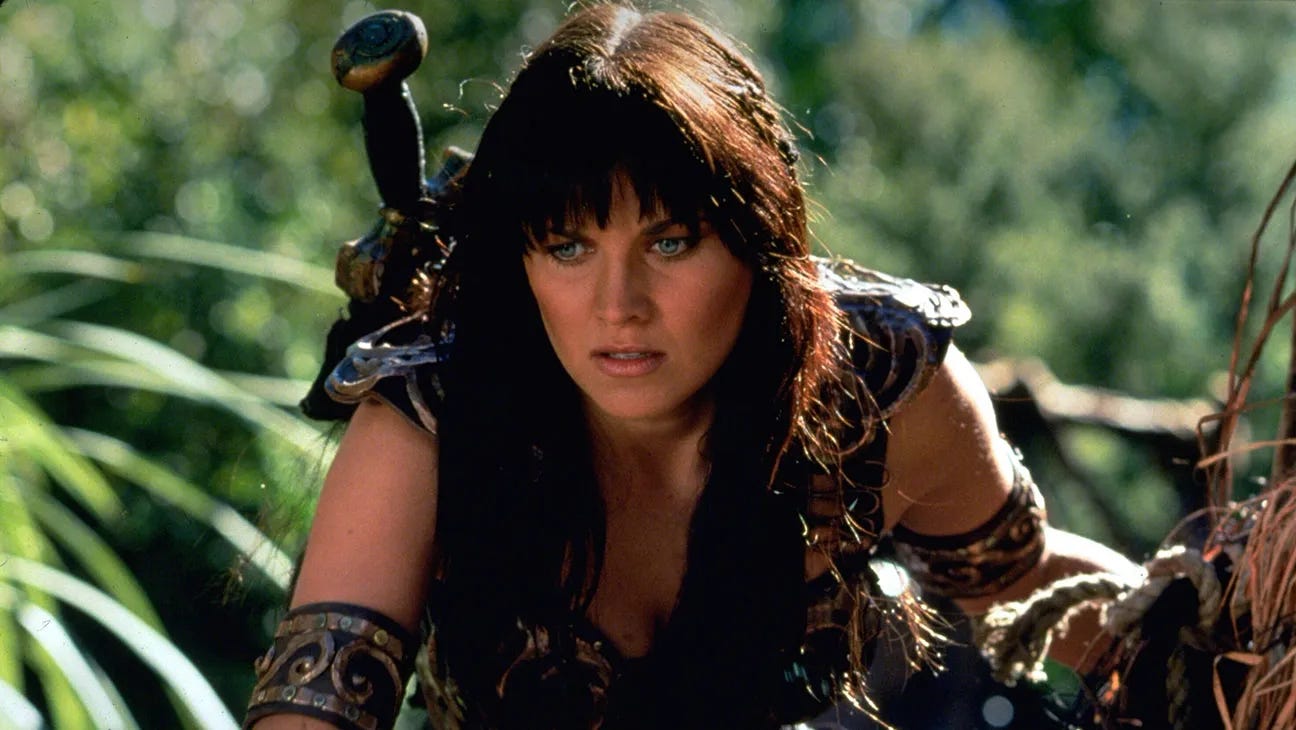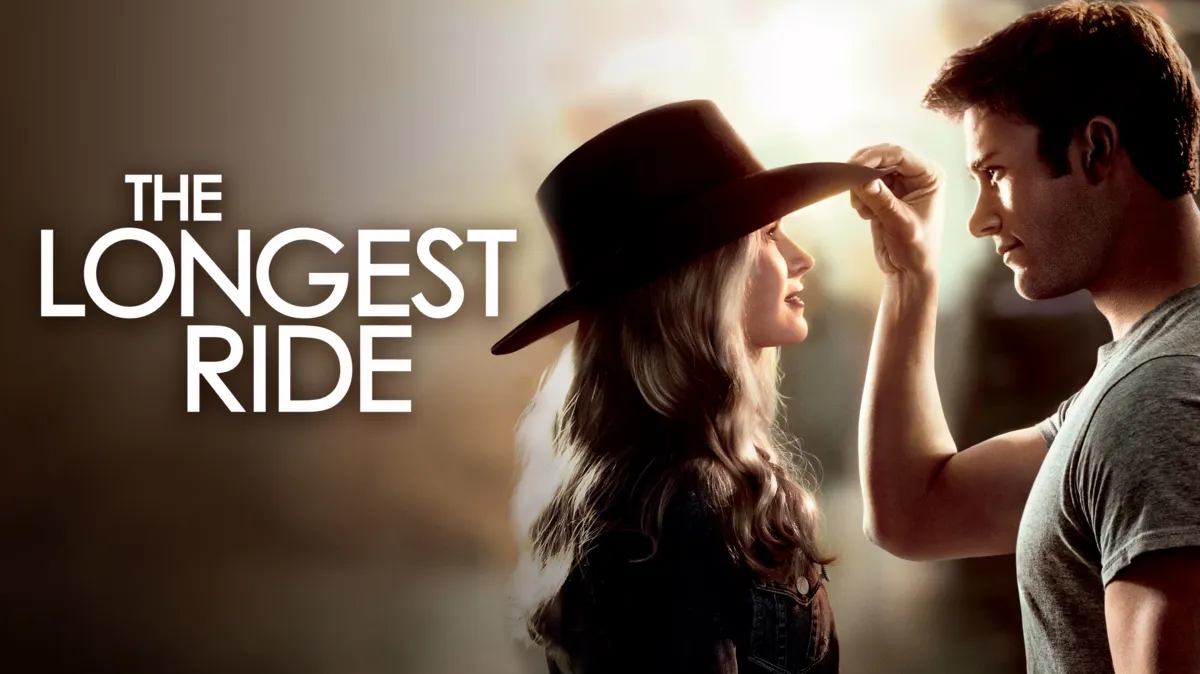
In the golden age of 1990s television, few characters carved their way into pop culture history like Xena, Warrior Princess. First appearing as a secondary character in Hercules: The Legendary Journeys, Xena quickly stole the spotlight — leading to a six-season spin-off (1995–2001) that blended Greek mythology, campy action, emotional storytelling, and feminist power like nothing before it.
Set in a mythological ancient world, the show follows Xena (portrayed by Lucy Lawless), a fierce and haunted warrior seeking redemption for her violent past. Once a ruthless warlord, she now travels the land righting wrongs, often alongside her loyal companion Gabrielle (Renée O’Connor) — a bard-turned-fighter whose idealism both softens and sharpens Xena's moral compass.
From battles with gods and monsters to time-traveling adventures and deep philosophical dilemmas, the series oscillates between epic and absurd. It dares to be both mythic and deeply personal, often tackling complex themes like justice, identity, and sacrifice — all while Xena does acrobatic flips and hurls her iconic chakram.
At face value, Xena: Warrior Princess might seem like a sword-and-sandals adventure show, but under its leather-clad surface, it became a cultural phenomenon — particularly for LGBTQ+ audiences, feminist viewers, and genre fans craving a female-led action hero long before Hollywood normalized it.
Lucy Lawless’s portrayal of Xena gave the world a female protagonist who was unapologetically strong, flawed, intelligent, and emotionally layered. The chemistry between Xena and Gabrielle became the emotional center of the show — sparking debates, fan fiction, and academic papers on their romantic subtext (which, over time, grew increasingly textual).
The series also never shied away from creative risk. It frequently broke the fourth wall, parodied itself, explored dark character arcs, and even featured musical episodes. It was ahead of its time in tone, diversity of themes, and its subversive sense of humor.

In a fictional modern revival, Xena: Rise of the Phoenix, the story might pick up years after Xena’s fateful end. Gabrielle, now older and hardened, has become a legendary figure herself. When a forgotten Olympian force — perhaps Nyx, goddess of night — begins corrupting time, Gabrielle is forced to seek the one soul who can stop it: Xena, reborn through mystical means.
The series could blend nostalgia with modern fantasy TV aesthetics: think the world-building of The Witcher with the heart of Xena. New allies, diverse mythologies (Mesopotamian? Norse?), and a deeper exploration of mortality, destiny, and love could propel the legend into a new era — without losing its humor and soul.
Xena: Warrior Princess was never just about battles. It was about transformation, love, loyalty, and the fight to become better than one’s past. It empowered a generation with the idea that redemption is always possible — and sometimes, the strongest heroes wear armor and a smirk.



